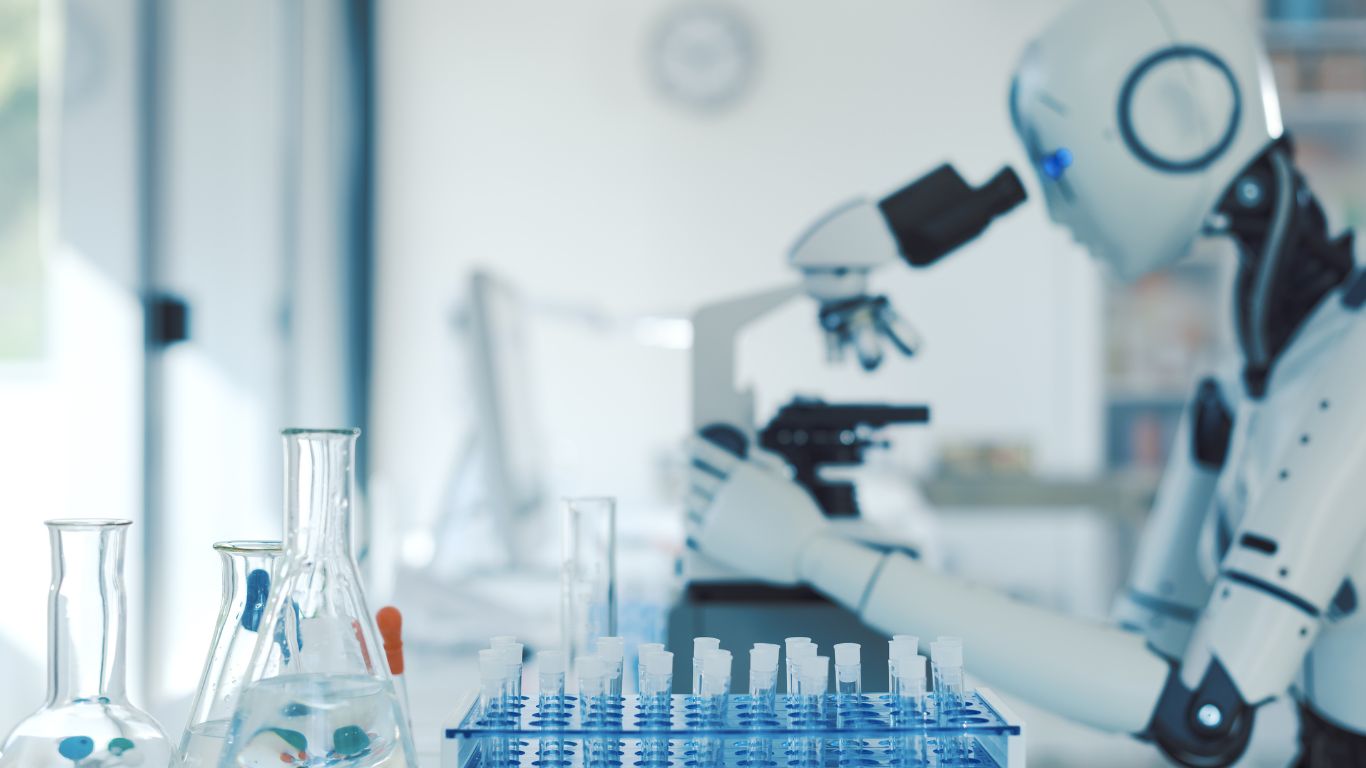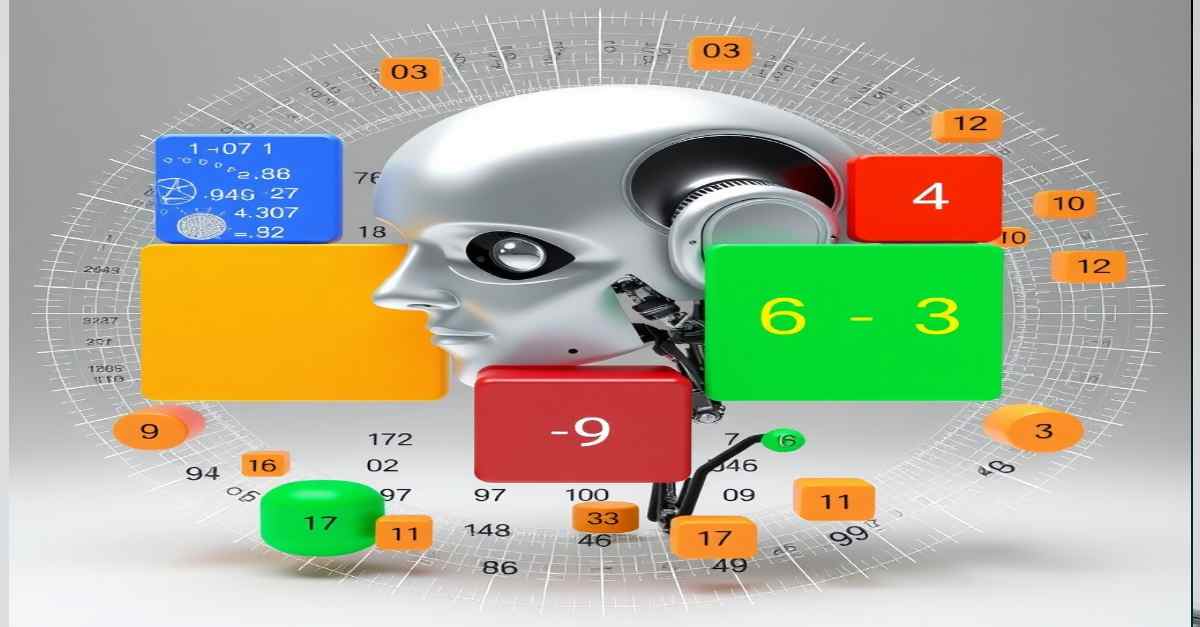Integrating generative AI in drug discovery marks a transformative shift in the pharmaceutical industry. This cutting-edge technology accelerates the development of new drugs, reduces costs, and enhances precision, making it an invaluable tool in modern medicine. This article delves into the key benefits, current applications, future potential, and specific case studies that highlight how generative AI has a remarkable impact on drug discovery.
Critical Benefits of Generative AI in Drug Discovery
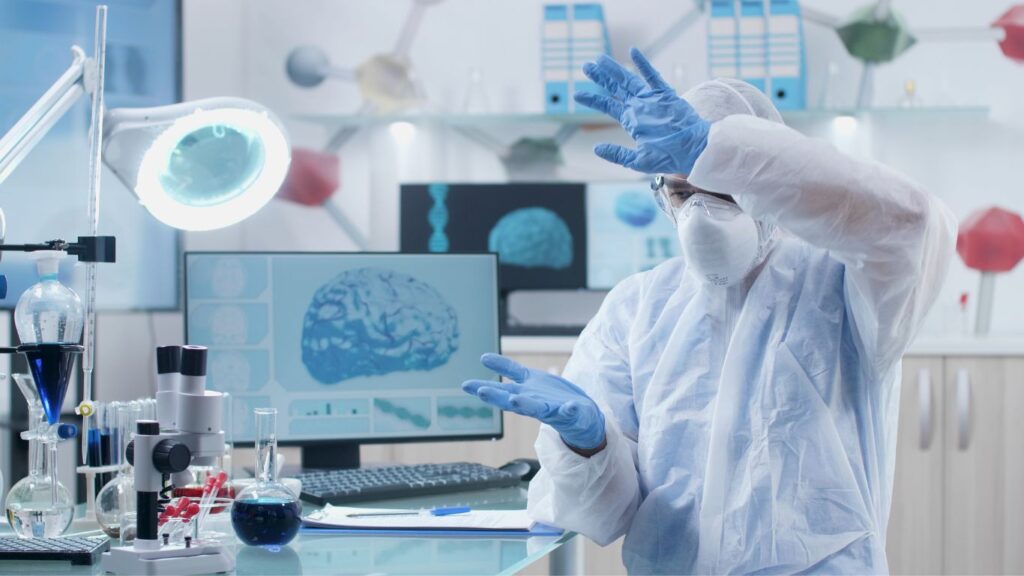
- Accelerated Drug Discovery Process:
- Generative AI can quickly predict and design new molecules, significantly reducing the time required for manual testing. Traditional drug discovery methods can take years, whereas AI can expedite this process to months or weeks.
- Enhanced Precision and Efficiency:
- AI algorithms analyze various molecular properties and interactions with high precision. This capability ensures that potential drug candidates are identified more efficiently and accurately, increasing the likelihood of success in subsequent testing phases.
- Exploration of Larger Chemical Space:
- Generative AI can explore a much larger chemical space than traditional methods. This exploration leads to the discovering of novel drug targets that might have been overlooked using conventional techniques.
- Reduced Costs:
- By minimizing the resources required for experimental testing and increasing the success rate of identifying viable drug candidates, generative AI helps reduce the overall drug discovery cost.
Current Applications of Generative AI in Drug Discovery
- Designing Novel Molecules:
- Generative adversarial networks (GANs) have been used to design novel molecules for treating cancer-related diseases. These AI models generate potential drug candidates by simulating the complex interactions within biological systems.
- Predicting Toxicity and Side Effects:
- Deep learning algorithms can predict potential drug candidates’ toxicity and side effects. This capability allows researchers to eliminate harmful compounds early in development, saving time and resources.
- Identifying Drug Combinations:
- AI models can identify drug combinations that enhance therapeutic effects or reduce adverse reactions. This area, known as polypharmacy, is significant for treating complex diseases that require multi-drug regimens.
Future Potential of Generative AI in Advancing Drug Discovery
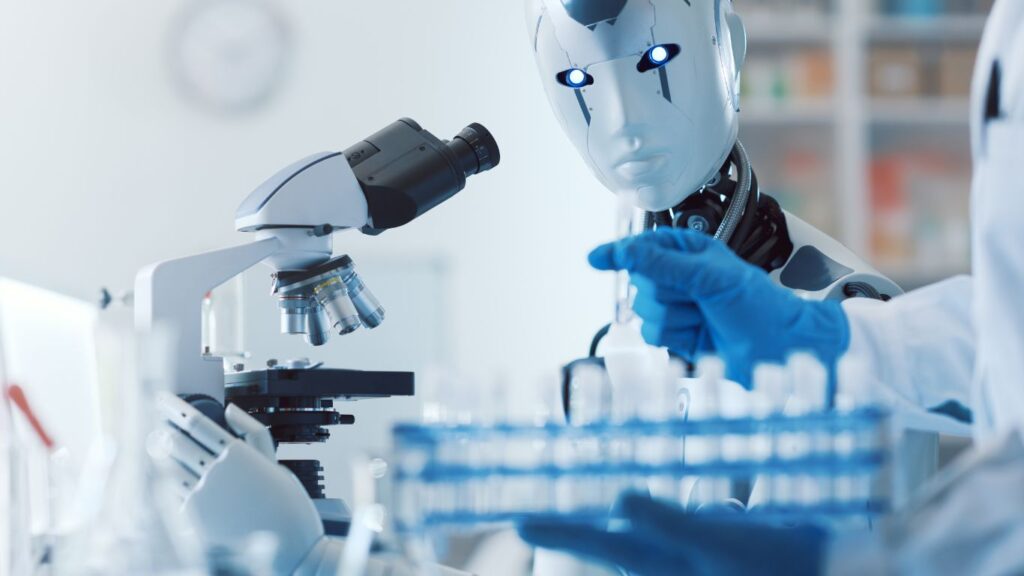
- Continuous Refinement and Improvement:
- Generative AI has the potential to refine and improve the drug development process continually. This iterative improvement could lead to more effective and targeted medications over time.
- Advancements in Machine Learning:
- As AI technology advances, molecular behavior and drug interaction prediction will become even more accurate and efficient, particularly in machine learning. This will further accelerate the pace of drug discovery.
- Personalized Medicine:
- Future AI algorithms could suggest drug candidates and treatment approaches tailored to individual genetic profiles. This capability will usher in an era of personalized medicine on a broader scale, where treatments are customized for each patient.
- Collaboration and Regulatory Frameworks:
- Collaboration between AI developers, pharmaceutical companies, and regulatory agencies will be essential. Establishing robust frameworks that ensure the safety and efficacy of AI-generated drug candidates will set the stage for broader adoption and trust in AI-driven drug discovery.
Case Studies of Successful Drug Discovery Aided by Generative AI
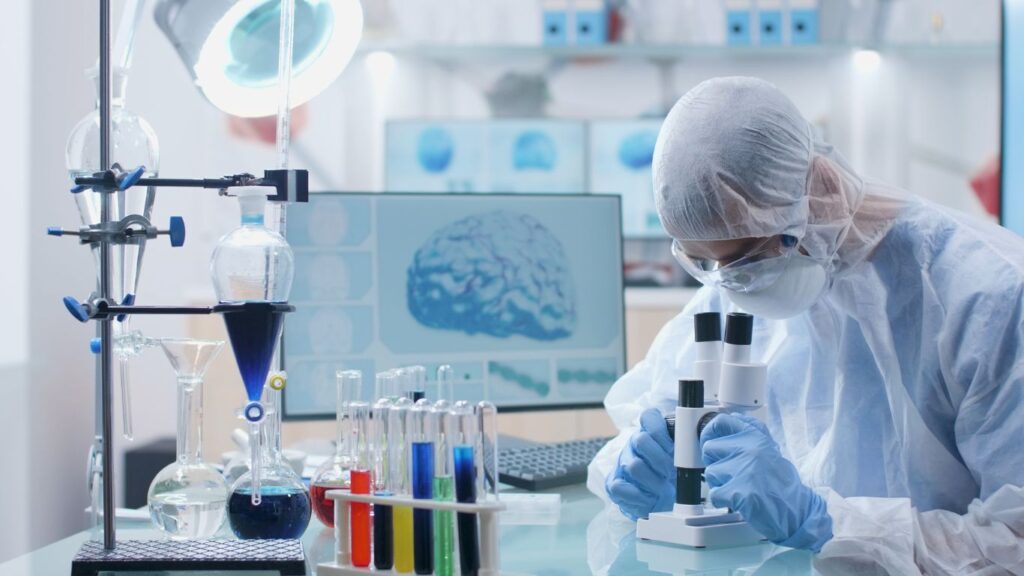
- Insilico Medicine’s AI-Based Drug Discovery for Fibrosis:
- Insilico Medicine leveraged GANs to discover a first-in-class small molecule for treating idiopathic pulmonary fibrosis (IPF). The AI system designed, synthesized, and validated the molecule in just 46 days, which traditionally takes years.
- Atomwise’s AI-Designed Drug for Ebola:
- Using its AI platform, Atomwise discovered two novel small molecules promising to treat Ebola. The drugs were identified within a few days and are currently undergoing preclinical testing, showcasing the speed and efficacy of AI in identifying potential treatments.
- Exscientia’s AI-Designed Drug for OCD:
- In partnership with Sumitomo Dainippon Pharma, Exscientia developed an AI-designed drug candidate for the treatment of obsessive-compulsive disorder (OCD). This collaboration demonstrates how AI can effectively target specific neurological conditions.
Conclusion
- Generative AI is revolutionizing drug discovery by enhancing efficiency, precision, and speed while reducing costs. Its applications span from designing novel molecules to predicting toxicity and identifying beneficial drug combinations. AI’s future holds immense potential in advancing personalized medicine and improving public health outcomes. As AI technology continues to evolve, its role in drug discovery will undoubtedly expand, offering new hope and possibilities in the fight against various diseases.
- Consider signing up for Jasper for free to stay at the forefront of this exciting field and leverage the benefits of generative AI in your drug discovery efforts. Experience firsthand how AI can transform your approach to pharmaceutical research and development.







